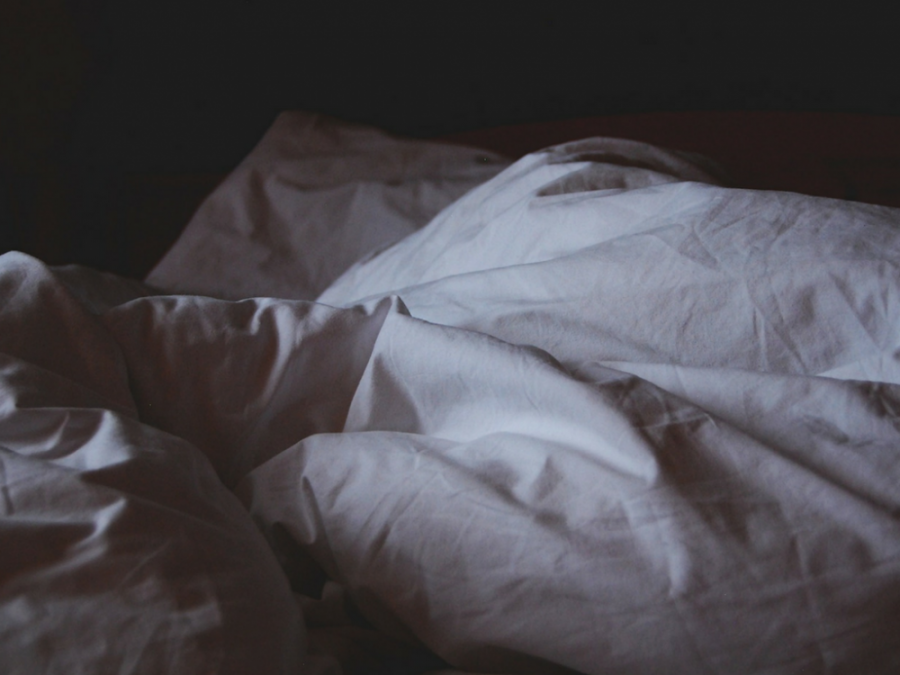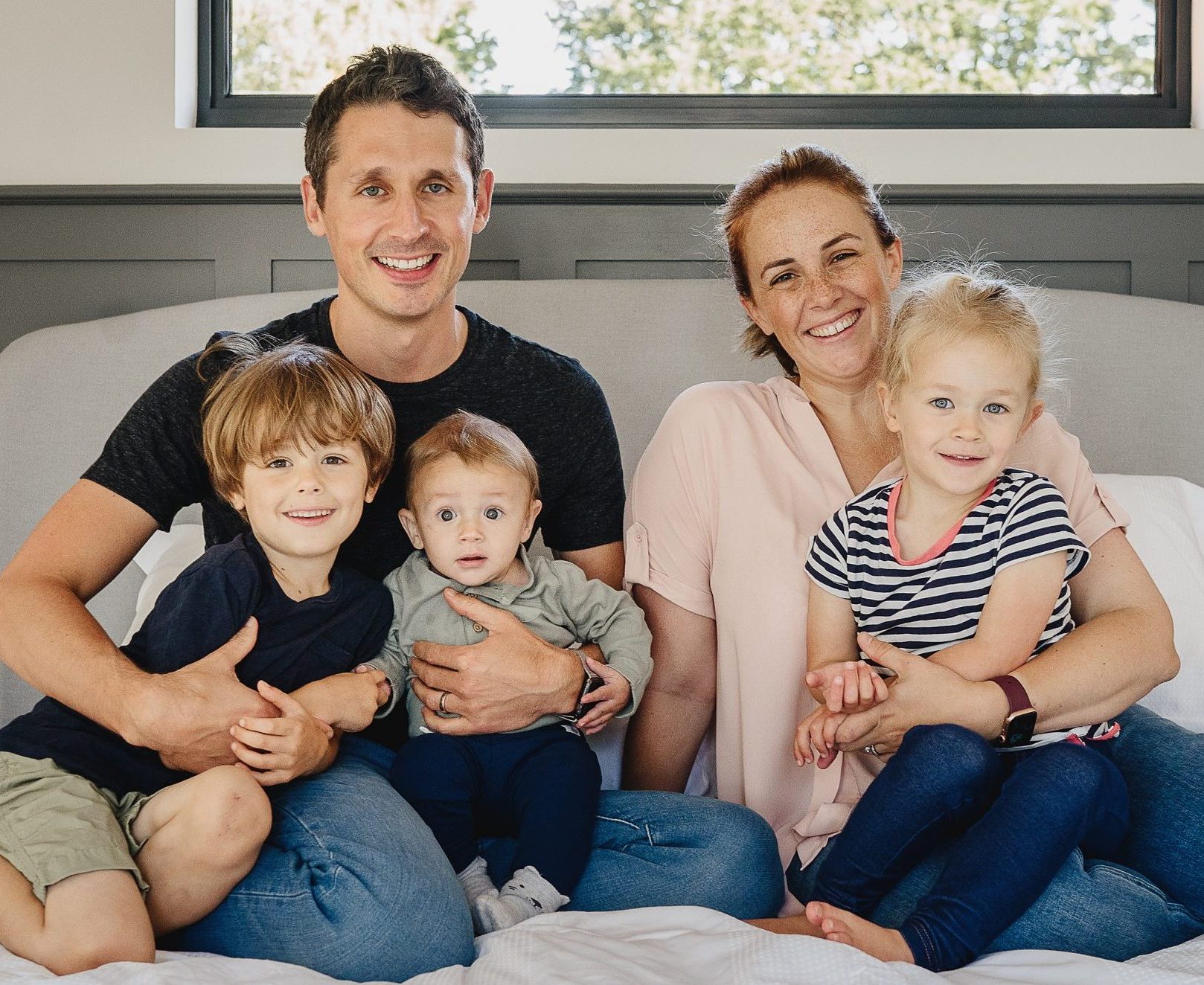If you have sleep apnea, there are a variety of treatments you can explore. Lifestyle changes like maintaining an ideal weight, avoiding alcohol and sedatives before bedtime, and not smoking are important for managing your condition.
These Treatments May Provide Relief:
Continuous Positive Airway Pressure (CPAP):
CPAP is the most common treatment for sleep apnea. It keeps your airways open by delivering a steady stream of pressurized air to maintain optimal airflow throughout the night. It’s typically prescribed if lifestyle changes aren’t sufficient in controlling your symptoms.
Oral Appliances:
Oral appliances work like mouthguards to keep your upper airway open as you sleep. They must be custom-fitted to your mouth by a dentist or sleep specialist. Oral appliances may be helpful if you have mild to moderate sleep apnea and are not suitable for CPAP use.
Surgery:
Surgery is typically done when lifestyle changes, CPAP, and other treatments have failed to improve your symptoms. There are several types of surgery used to treat sleep apnea, including Uvulopalatopharyngoplasty (UPPP), maxillomandibular advancement (MMA), and tracheostomy. Each has its own risks and benefits, so it’s important to discuss the option with your doctor before committing to any procedure.
Positional Therapy:
Positional therapy involves adjusting your sleeping position to reduce sleep apnea symptoms. Sleeping on your side instead of on your back can provide relief from snoring and mild sleep apnea, so you can get a better night’s rest.
Adaptive Servo-Ventilation (ASV):
ASV is a type of CPAP therapy that automatically adjusts the pressure based on your breathing needs. It’s typically used for people with complex cases of sleep apnea who don’t respond well to conventional forms of treatment.
Lifestyle Adjustments:
In addition to CPAP, oral appliances, surgery, positional therapy, and ASV, there are several lifestyle adjustments you can make to manage your sleep apnea. These include avoiding alcohol or sedatives before bedtime, maintaining a healthy weight, and not smoking.
Oxygen Tank:
Gas cylinder and oxygen tanks are an alternative to CPAP for those who cannot tolerate the mask or don’t want to use it. The tank delivers a continuous supply of oxygen directly into your airways throughout the night, helping you keep them open and preventing sleep apnea episodes.
Behavioural Changes:
Making certain behavioural changes can also help reduce symptoms of sleep apnea. These include avoiding alcohol and smoking, sleeping on your side instead of your back, avoiding sleeping on your stomach, and maintaining a healthy weight. Other lifestyle changes may include avoiding caffeine at night, exercising regularly during the day, and avoiding eating large meals before bedtime.
These treatments can help make living with sleep apnea more manageable and provide some much-needed relief from the symptoms. And while there is no cure for this condition, proper treatment can help lead to improved quality of life. It’s important to talk with your doctor about all available options so you can determine which one is right for you. Then, with the right treatment plan in place, you can start feeling better and getting the restful nights of sleep you deserve.









No Comments